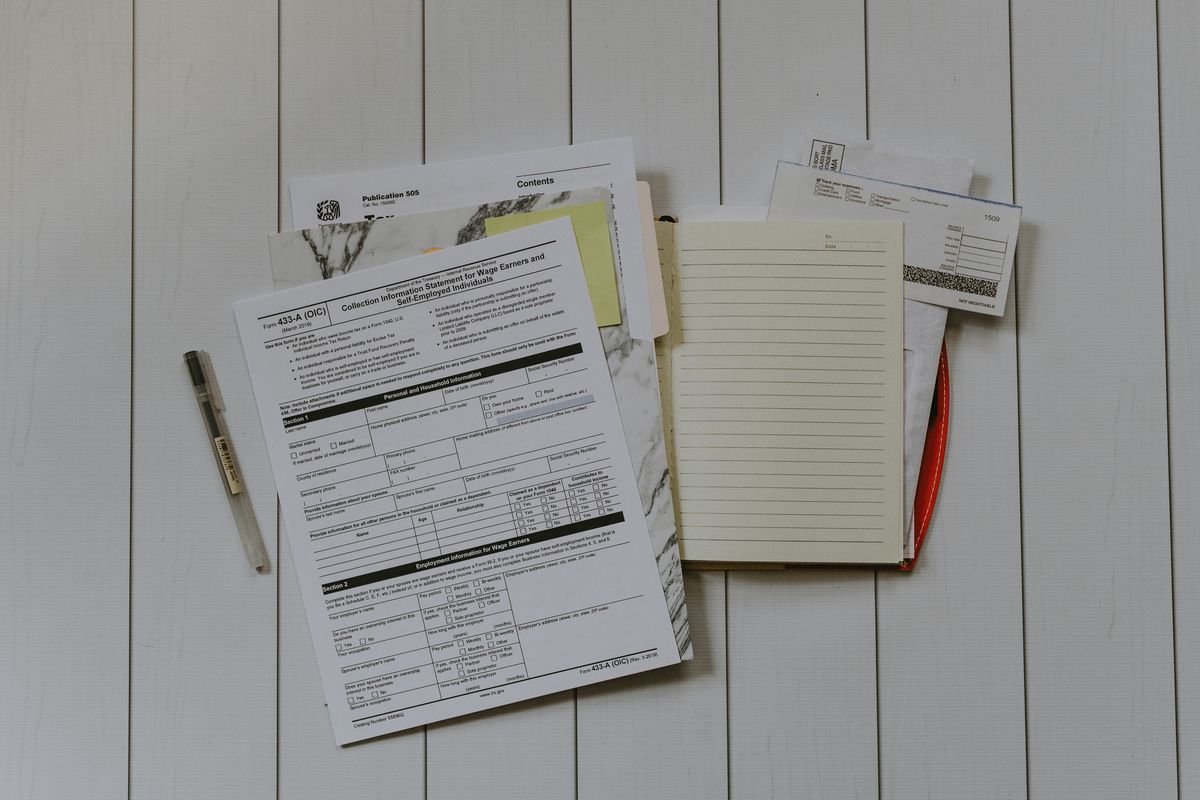
How to Keep Financial Records for a Small Business Safe
As a small business owner, keeping your business financial records safe and organized is crucial to running an efficient and successful small company. In fact, some types of business records have sensitive information about your company, clients, and workers for which you must take special precautions when storing.
How to Keep Financial Business Records Safe
While theft, loss, and natural disaster are all things we don’t want to think about if we can avoid it, they do happen. Consider setting up a business emergency preparedness plan to safeguard your company. If you want to keep your accounting records and financial documents secure, try these four simple steps:
Step 1: Digitize Paper Records
Do you keep your important paper documents in broken filing cabinets, paper stacks out in the open, or disorganized paper boxes in a wet basement? Each one of these scenarios is asking for trouble.
I’ve been a small business owner for 30 years now, and keeping one copy of my documents in a vulnerable location just isn’t an option! I have all my important documents backed up, digitized, and pushed to the cloud.
If you're running a paper document storage system, the best solution is to digitize the documents you currently have, store them in a cloud location, and start storing new documents in that same manner. Of course, this is easier said than done. If you’ve been in business for a long time, you’ll likely have decades of boxes full of accounting information. Much of it may no longer be relevant, but much of it could still be relevant, and you probably won't find out until an emergency sends you rifling through the years of paper. Avoid this dilemma by keeping your payroll and accounting records secure.
Digitizing your documents and business financial records in the cloud will free up physical space for your business to operate, as well as make the information sortable and secure. And now it’s easier than ever. Some quick ways to put your documents into the cloud are through apps like document scanners (for small jobs) or corporate batch scanning services for larger projects. And you don’t have to do it all at once. Take a moment to sort out your most important files, secure them, and then work from there.
Step 2: Know Where to Find Copies
No, the answer is not a copy machine! Some documents, like important government files or licenses, must have official copies made by the issuing agency. To curtail the amount of time that goes into tracking down official copies, make a list of the sources where copies can be found at the beginning of your project.
Other times you may not know that you’ll need to keep a copy of a form until you're in a situation where you the form--like an audit. In many cases, you can acquire copies of your submitted IRS small business bookkeeping forms by submitting a request. If you misplaced a tax return, use Form 4506 to request a copy of your return from the IRS.
Step 3: Protect Desktop Records
Be proactive here. If you keep business financial records directly on your local computer, then your computer is the weak link and you need to protect it. Install an antivirus software package on your desktop, limit access to the drives on that computer, and make sure that its important files and folders are always backed up to an external, off-site, or cloud-based storage location.
Also, when you delete your drives, don’t simply delete them. Many files can still be recovered even after they are deleted. Have the drive wiped clean or reformatted.
Step 4: Start in the Cloud, End in the Cloud
There are products and services that allow you to do all of your financial recordkeeping, accounting and payroll in the cloud using just a single app. Such software as a service (SaaS) options simplify the task of executing financial decisions as well as keeping the record for them.
Most cloud-based accounting software solutions take measures to protect your information. Many will encrypt your company’s information using the same method banks do, use strong password and hashing algorithms so your offline accounting stays hidden, and are constantly updating their virus protection measures.



